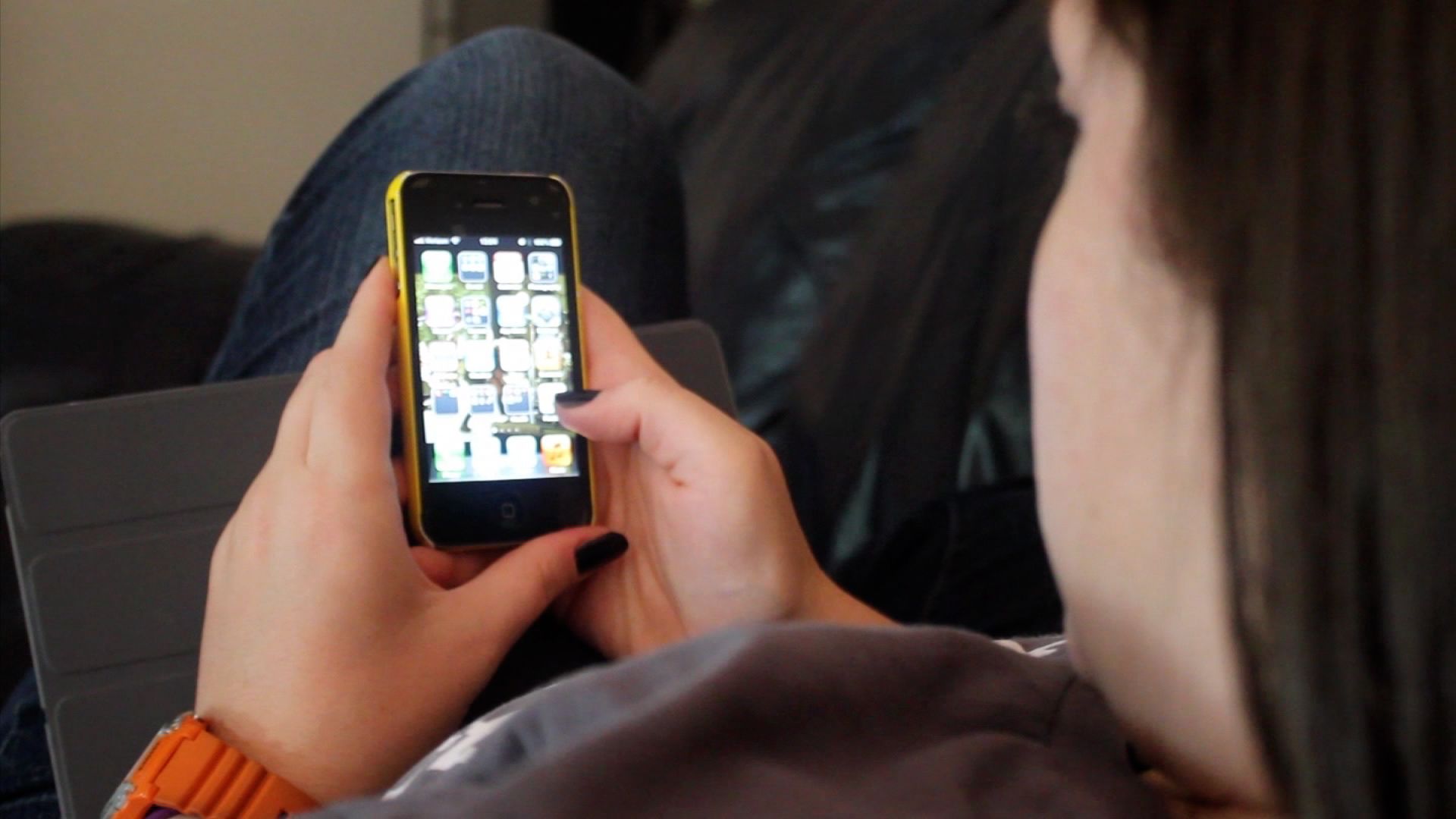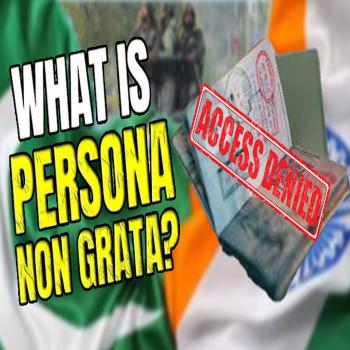One out of every 12 children in the world is sexually exploited or abused online, according to a survey released not long ago. Kids are facing more and more dangers every day as more and more people, especially in developing countries, get online and purchase smartphones.
Global action is needed right away to fight this very important problem, according to the results. Researchers looked at information from more than ten years of different types of online abuse aimed at kids younger than 18. This includes sexual blackmail, internet harassment, and sharing sexual photos or videos without permission. It shows very clearly how dangerous the internet world can be.
The Mystery Online Crime Scene
Reports of suspected child sexual abuse topped 36 million last year, showing that the internet is becoming a more and more popular place for crimes against children to happen. While some cases are documented, this is only the beginning.
By trading sexual acts or pictures for money, goods, or even basic needs like food or shelter, people are sexually exploited online. In contrast, online solicitation includes sexually inappropriate talks or requests that could lead to sharing graphic material.
Another troubling trend is sexual extortion, in which people are forced to give sexual pictures, money, or other favours under the fear of publicly sharing private information. Also, children's pictures are sometimes changed with AI to make "deepfakes" or shared without their permission, which makes the pain worse.
Additionally, kids can see inappropriate sexual material while using social media or other online tools. Using more advanced technologies, like AI and deepfake tools, has made things worse by making it harder to find and remove harmful material.
An Avoidable Crisis
Additionally, the study stresses how serious the issue is and how it can be stopped. We can greatly lower the harm these crimes cause by viewing them as a public health issue and focusing on their avoidance.
Ideas for Parents
Protecting kids online starts with teaching them. You should definitely talk to them about the risks of the internet and how to stay safe. Furthermore, it can be beneficial to monitor their online activities without violating their privacy. When kids use social media, for example, parents can see who their kids are talking to without seeing what they're saying.
Keep talking to your kids about what they're doing online. Parents are urged to stay active. Teaching kids how to spot and report bad behaviour or material is very important for keeping them safe.
Inviting everyone to take action
Communities, governments, and tech companies need to pay immediate attention to this world health problem. Working together, we can make the internet a safer place for kids and keep them safe from being abused or exploited online.






